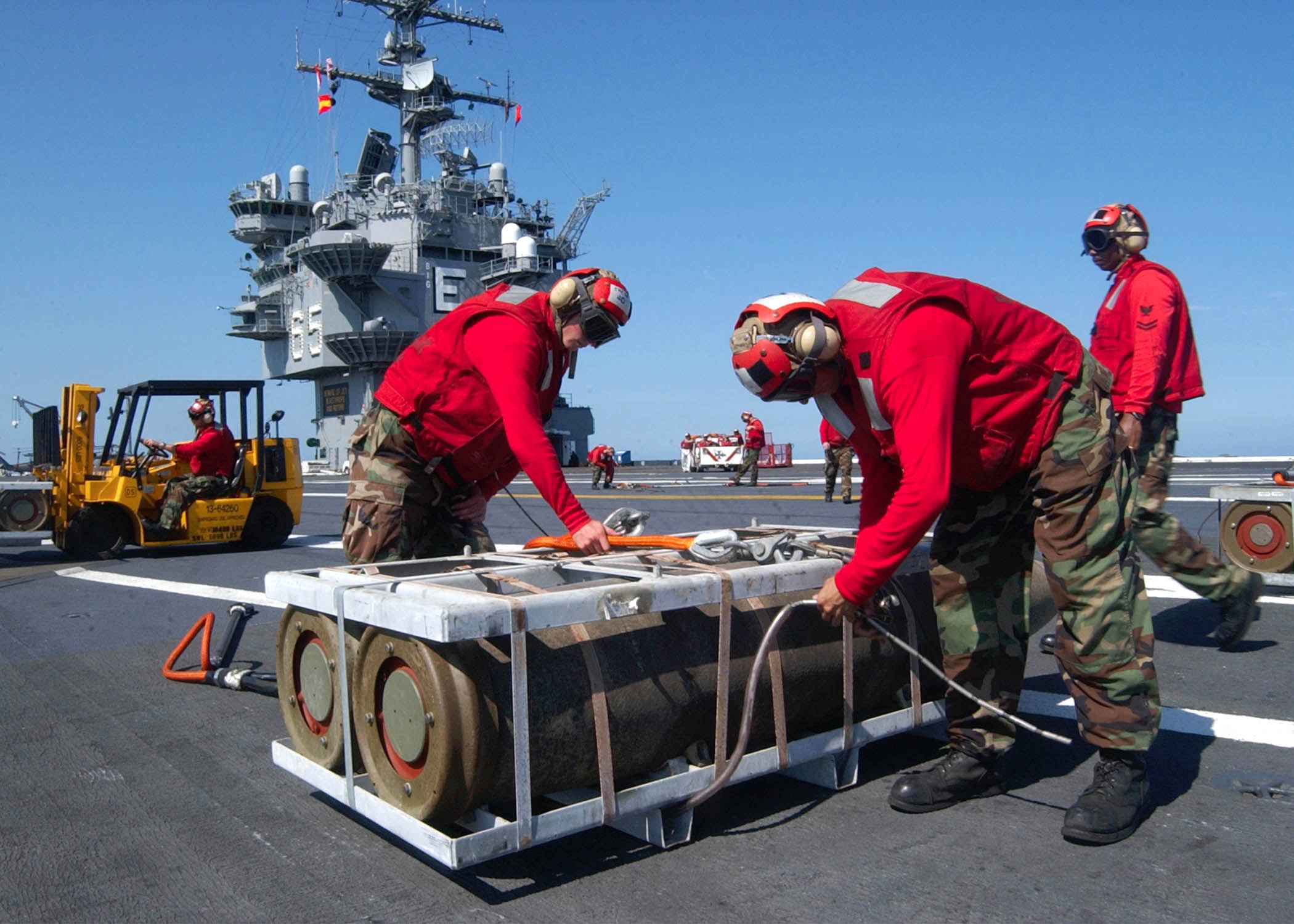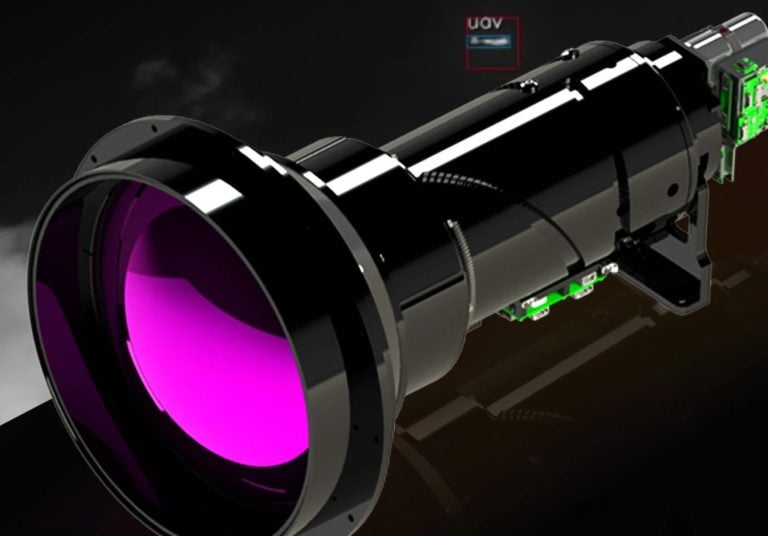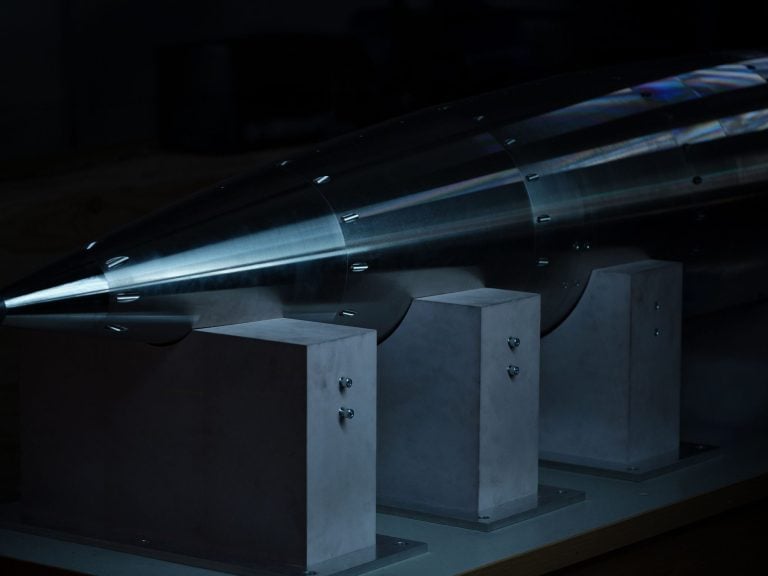Israel’s defense ministry confirmed the arrival of a significant shipment of U.S.-made munitions over the weekend, coinciding with Senator Marco Rubio’s inaugural visit to the country as the top diplomat from Washington. In a statement, the ministry announced that “heavy aerial bombs” were unloaded, specifically referencing MK-84 munitions that had been authorized by the Trump administration.
Defense Minister Israel Katz emphasized the strategic importance of this shipment, noting that it represents a “significant asset” for both the Israeli Air Force and the Israel Defense Forces (IDF). Katz characterized the arrival of these munitions as demonstrative of the enduring and robust alliance between Israel and the United States.
This recent shipment is part of a broader package approved by the Trump administration earlier in February, which included over $7.4 billion in bombs, missiles, and related military equipment destined for Israel. The U.S. Defense Security Cooperation Agency remarked that this enhanced military capability would help Israel address both current and future threats, bolstering its homeland defense and serving as a deterrent against regional adversaries.
The backdrop to these military developments includes the ongoing conflict in Gaza, instigated by a formidable offensive launched by Israel in response to an unprecedented attack by Hamas in October 2023. The violent clashes have severely impacted Gaza, leading to the displacement of a substantial portion of its 2.4 million residents.
A ceasefire has been in effect since January 19, 2024, facilitating the release of hostages who were taken by Hamas during the height of the conflict. However, this ongoing humanitarian crisis has drawn significant scrutiny, particularly concerning civilian casualties. The Biden administration had previously intercepted a shipment of 2,000-pound bombs to Israel due to rising concerns over these civilian impacts. Yet reports have indicated that Trump had approved these more destructive munitions upon taking office.
As for Rubio’s visit, he has scheduled discussions with Prime Minister Benjamin Netanyahu and other senior Israeli officials. Topping the agenda is the ongoing Gaza ceasefire, along with a contentious proposal that seeks to displace Palestinians from their territories and relocate them to neighboring Egypt and Jordan. This plan, attributed to Trump, has sparked considerable international backlash and protests. Rubio’s discussions are expected to delve deeper into these issues, reflecting the delicate balance of military support and humanitarian considerations amidst a tumultuous regional landscape.







